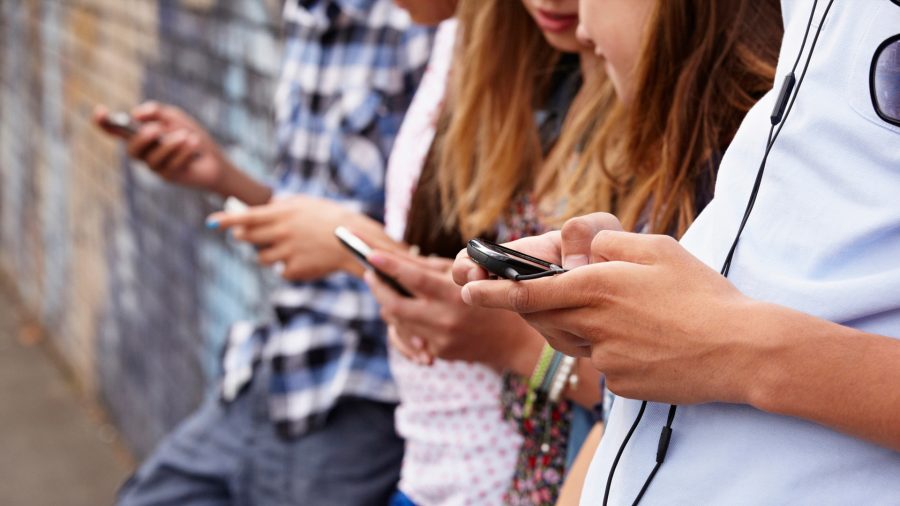The California Department of Public Health (CDPH) issued guidance for people who want to cut their exposure to the radio frequency energy that is emitted by cell phones, as the use of these devices is rapidly growing in the U.S and the world.
The scientific community has not reached an agreement on how bad are cell phones for human health, though there is enough research to suggest that there might be a long-term impact on health associated to the use of cell phones. Therefore the CDPH recommends a few advises to reduce the use of these devices among children and adults.

“Although the science is still evolving, there are concerns among some public health professionals and members of the public regarding long-term, high use exposure to the energy emitted by cell phones,” said CDPH Director and State Public Health Officer Dr. Karen Smith. “We know that simple steps, such as not keeping your phone in your pocket and moving it away from your bed at night, can help reduce exposure for both children and adults.”
The risks of the increased use of cellphones
Nowadays, it is challenging to stay unattached to cellphones and technology. Even little children are exposed to the use of technological devices.
In the U.S the use of cell phones has increased dramatically in the past years. In fact, 95 percent of Americans have a cellphone, and 12 percent of them rely entirely on their phones to navigate on the internet. Now the average age to receive the first cell phone is ten years. People work, eat and sleep with their cell phones near them and most of them can’t spend much time without taking a look at their phones.
So basically, people are developing a dependence on their phones and this tendency is not likely to change. Though cellphones are very useful and they allow people to stay connected, to work and to be entertained, there are some risks for our health associated with the use of cell phones.
These devices emit radio frequency energy when they send and receive signals to and from cell towers. According to scientists, this energy can be harmful to our health. There is no consensus among them, but there is a significant part of scientists who consider the risks of cell phones are not fully known.

How to reduce the use of cell phones
The California Department of Public Health issued guidance this week to reduce the use of cell phones advising people to keep the distance when possible.
“The cellphone manufacturers want you to keep a minimum distance away from your body and you should find out what that distance is,” UC Berkerly professor Joel Moskowitz said. “If you keep the device by your body you will exceed the safety limits provided by the FCC.”
He initiated a lawsuit last year to get the department to release the findings after he started looking into whether mobile phone use increased the risk of tumors. The CDPH advice people not to keep the phones in the pocket, not to put it up to your ear for a prolonged amount of time and not to sleep with the phone near at night.
As well, the CDPH highlighted that when people are in a fast-moving car or a train, the phones emit more RF energy to maintain the connection, which means it is not good to have it near during these moments. They also recommend reducing the use of cell phones when there are two bars or less and reducing its use to stream audio or video, or when downloading or uploading large files.
People should remove headsets when not on a call, and they should also avoid products that claim to block radio frequency energy because they might actually increase your exposure to such energy.
People, such as Moskowitz say there is not enough spread of information when it comes to the dangers of using the phones, not even by the federal and state health agencies. However, some cases show another way. The Connecticut Department of Public Health issued similar recommendations as the CDPH in May of 2015.
“Children’s brains develop through the teenage years and may be more affected by cell phone use,” said Dr. Smith. “Parents should consider reducing the time their children use cell phones and encourage them to turn the devices off at night.”
Parents must be aware of the time kids spend on their phones, to prevent them from any possible damage on their health and to try to reduce the dependence kids might develop over time to such devices, which might interfere with the fulfillment of their academic goals.
Source: California Department of Public Health
